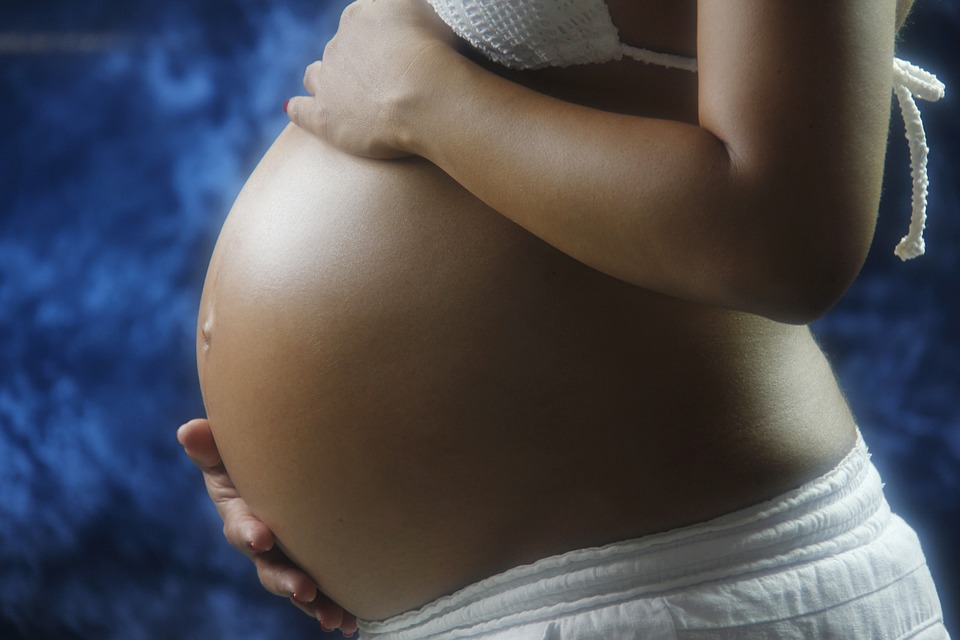Black women in the UK are far more likely to die from complications surrounding pregnancy and childbirth than their white peers. Although death during pregnancy is still relatively rare in the UK, for black women the rate of maternal death is one in 2,500. An enquiry found that, between 2014 to 2016, this figure wasfive times higher than that of white women.
The outcome of the Maternal, Newborn and Infant Clinical Outcome Review Programme may shock some but for many black women the statistics confirm what they have always believed – they face a lower standard of medical treatment due to their race.
Some sceptics may try to rationalise these troubling statistics by citing the increased chance of certain pregnancy-related disorders amongst black women. One high-profile example is Beyonce. During pregnancy she highlighted her struggle with pre-eclampsia, a disorder which affects black pregnant women more severely than white women. However, pre-eclampsia is very common in all women, affecting 2-6% of all pregnancies and is very unlikely to result in death.
Some may again refer to increased levels of poverty amongst black people as a contributing factor in the higher mortality rate. Certainly, social factors including poorer housing and less access to antenatal care may contribute to the disparity. However, a report from the US (where the rate of pregnancy-related deaths among black women is three to four times higher than among white women) found that although social factors could be behind some of the figures, black middle-class women are still more likely to die in childbirth than white working-class women.
The least palatable explanation for the disproportionately high mortality rate for black women is racism. Medical professionals must face up to this reality if the imbalance of mortality in pregnancy is to be addressed.
Candice Brathwaite is the founder of Make Motherhood Diverse – an online initiative aiming to encourage a more accurately representative and diverse depiction of motherhood in the media. She believes she was the victim of racial bias during the time in which she gave birth to her daughter. When meeting with medical professionals Ms. Braithwaite said she was treated differently than other mothers of different races who were in the same position.
Brathwaite claims white mother’s concerns were taken more seriously than hers and “seemed to be listened to in more depth and with a sense of empathy”. When she told staff, she felt “worse than [she] should” after a Caesarean, she felt her concerns were not listened to, something she thinks could be due to racial bias within the NHS. Despite telling doctors that she was in pain, she was discharged but returned to hospital with septicaemia hours later.
The reasons behind the UK’s black maternal death rate are being investigated by the NHS. However, due to stereotypes regarding black women and ingrained prejudices, it will be very difficult to implement change without directly confronting medical professionals’ views on race.
Mars Lord, a birth doula trained in supporting women through childbirth, says that certain pernicious societal biases exist. For example, the stereotypes of ‘the angry black woman, the strong black woman’ cloud medical professionals’ judgement. As a consequence, black women are often dismissed when they say that they are struggling, instead told that it is ‘just the way the system works.’
What these most recent statistics demonstrate is that the problem is not simply black mothers’ paranoia. The NHS needs to work to confront the levels of racial bias in healthcare by delivering proper training to doctors and nurses regarding culture and race. If they continue to ignore the problem, the callousness and apathy of the system towards black women will continue to cost them their lives.

